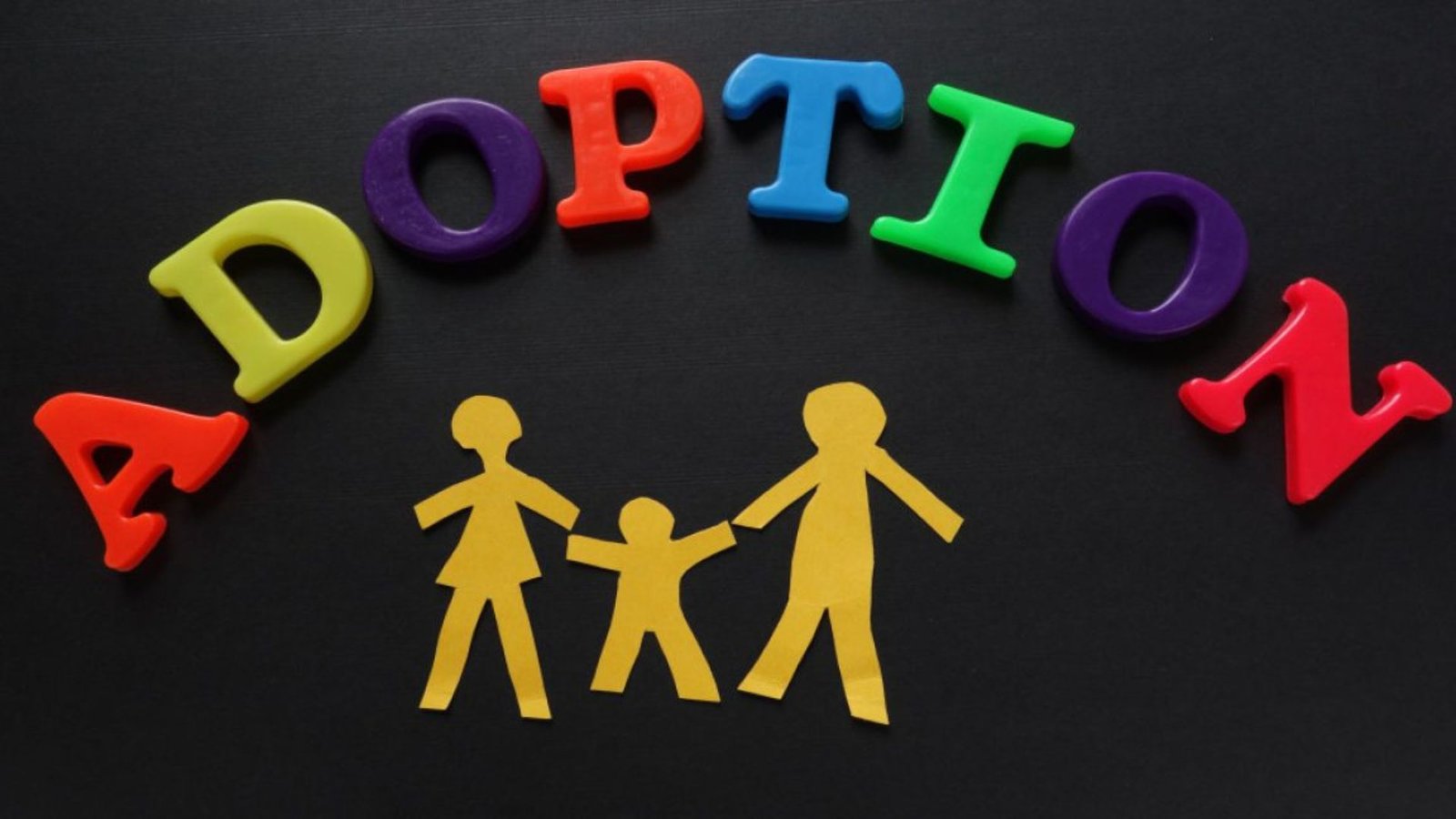Adoption is a deeply significant process that creates new familial bonds and offers children a loving home. The legal process of adoption involves several steps and careful consideration to ensure that the placement is in the best interest of the child. Understanding these steps and considerations can help prospective adoptive parents navigate the process smoothly.

Understanding Adoption
Before beginning the adoption process, it’s important to understand what adoption entails. Adoption legally establishes a parent-child relationship where none existed before, and it grants the adoptive parents all the rights and responsibilities of biological parents. It involves legal procedures that vary based on the type of adoption and jurisdiction.
Choosing the Type of Adoption
Domestic Adoption
Domestic adoption involves adopting a child from within your own country. This can be through a public agency (foster care system), private agency, or independent adoption where the adoptive parents work directly with the birth parents.
International Adoption
International adoption involves adopting a child from another country. This process is governed by the laws of both the child’s country of origin and your home country, and it often involves additional requirements and paperwork.
Step-Parent Adoption
Step-parent adoption occurs when a spouse adopts their partner’s child from a previous relationship. This process typically involves legal consent from the non-custodial biological parent and a court proceeding to finalize the adoption.
Relative Adoption
Relative adoption involves adopting a child who is a family member, such as a niece, nephew, or grandchild.
Application and Home Study
Application
The adoption process begins with submitting an application to an adoption agency or the court. This application includes personal information, background checks, and details about your suitability as an adoptive parent.
Home Study
A home study is a comprehensive evaluation conducted by a licensed social worker. It assesses your home environment, financial stability, and parenting readiness. The home study includes interviews, home visits, and background checks. This step is crucial for ensuring that the adoptive home is safe and nurturing.
Matching and Placement
Matching
Once the home study is approved, you will be matched with a child. This process can vary depending on the type of adoption. For domestic and international adoptions, agencies will present potential matches based on your preferences and the child’s needs.
Placement
After a match is made, the child is placed in your home on a temporary basis. This placement allows for a trial period to ensure that the child adjusts well to the new environment and that the adoption is in the child’s best interest.
Legal Finalization
Adoption Petition
To finalize the adoption, you must file a petition with the court. This petition includes documentation of the adoption process, the child’s background, and the home study report.
Finalization
If the judge approves the petition, a final adoption decree is issued. This legal document officially recognizes you as the child’s parent and grants you all parental rights and responsibilities.
Post-Adoption Support
Post-Adoption Services
Many adoption agencies provide post-adoption services, including counseling and support groups. These services help families navigate the challenges of adoption and provide ongoing support for both parents and children.
Maintaining Records
Adoptive parents should maintain detailed records of the adoption process, including the final adoption decree and any relevant documents. These records are important for legal purposes and for the child’s personal history.
Considerations for Prospective Adoptive Parents
Emotional Readiness
Adoptive parents should be emotionally prepared for the challenges and rewards of adoption. Understanding the emotional needs of adopted children and being ready for adjustments is crucial for a successful adoption.
Legal Requirements
Each jurisdiction has specific legal requirements for adoption. Prospective parents should familiarize themselves with local adoption laws and seek legal advice to ensure compliance with all regulations.
Cultural Sensitivity
For international and transracial adoptions, being culturally sensitive and aware of the child’s heritage is important. Adoptive parents should educate themselves about the child’s cultural background and integrate it into their family life.
Conclusion
The legal process of adoption is a multi-step journey that requires careful planning and consideration. By understanding the steps involved and preparing for the challenges, prospective adoptive parents can navigate the adoption process effectively and provide a loving home for a child in need.









